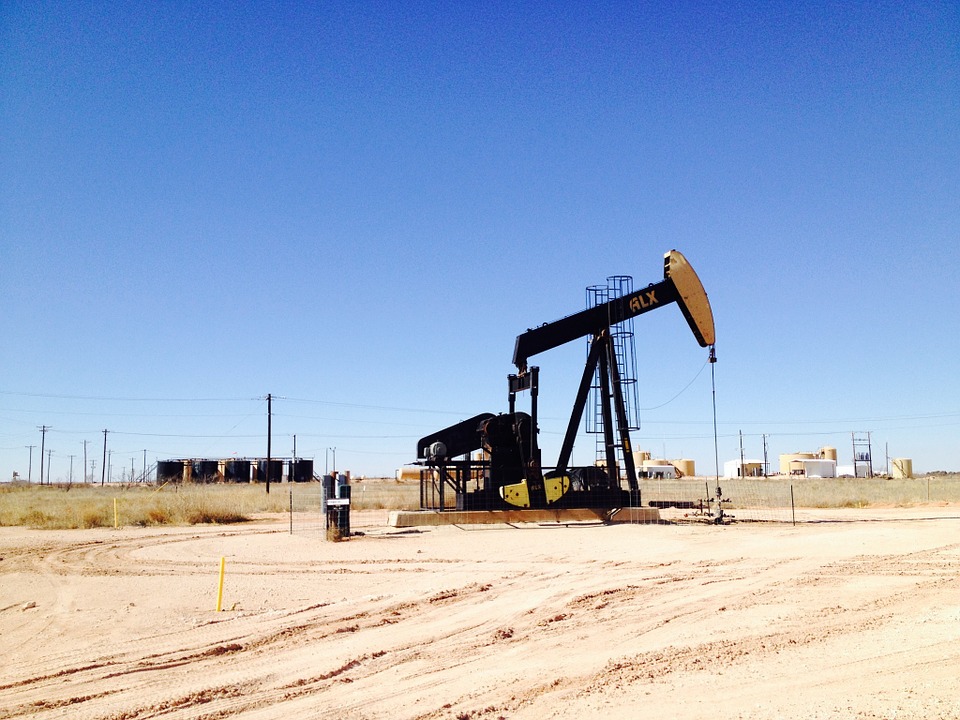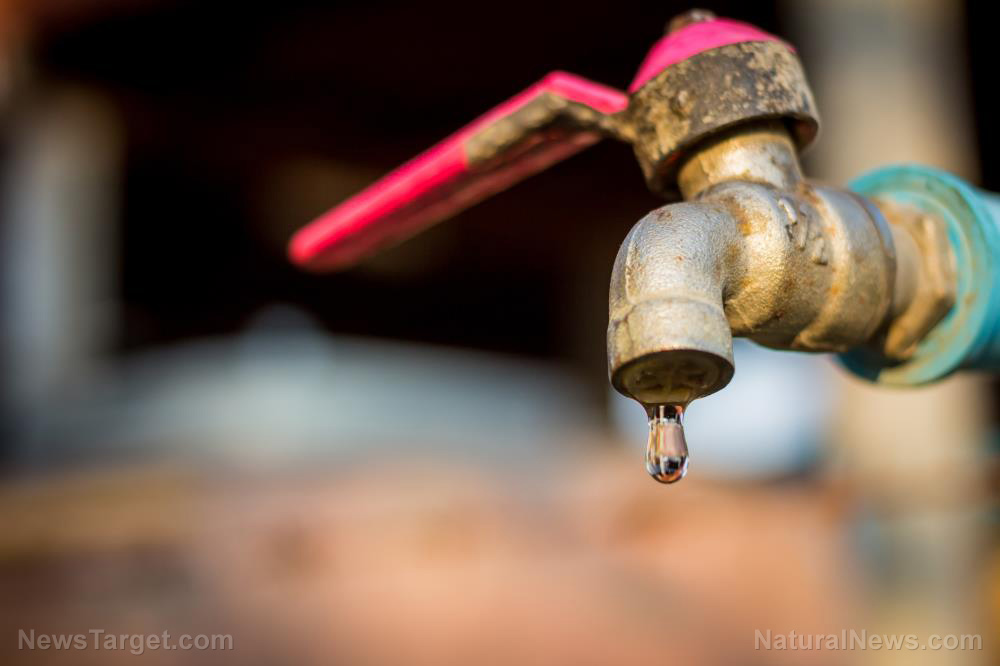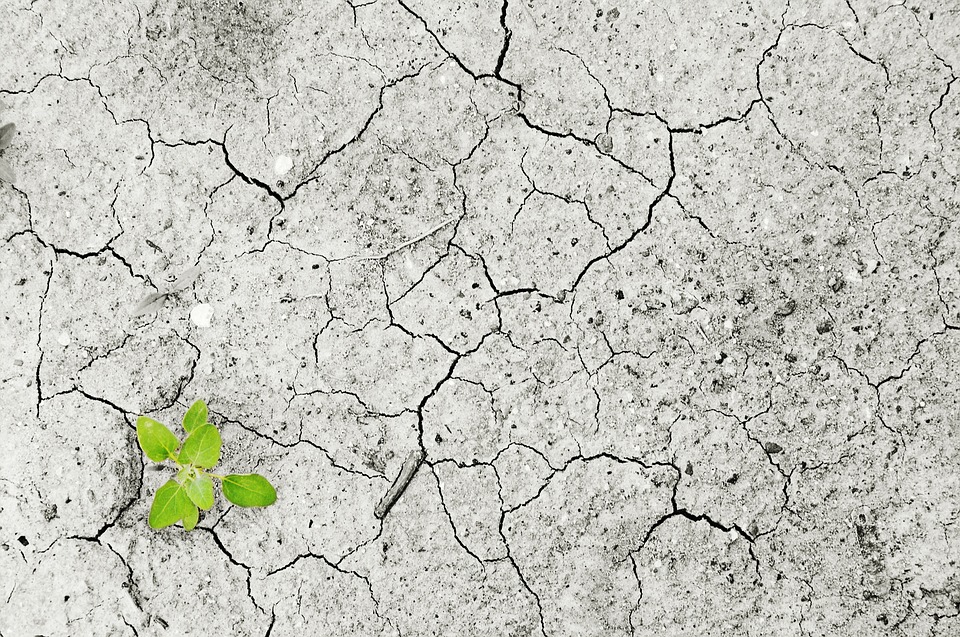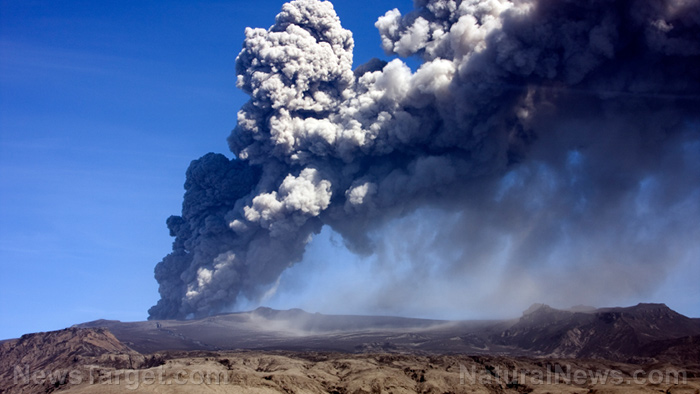Report: Fracking operations dumping toxic chemicals into the Gulf of Mexico
07/15/2021 / By Ramon Tomey

A new report by a nonprofit organization found that fracking operations in the Gulf of Mexico threatened both wildlife and human health. The July 7 report by the Center for Biological Diversity (CBD) indicated that oil and gas companies had dumped more than 60 million gallons of fracking fluids into the Gulf between 2010 and 2020. It also noted that the dumping was performed with government approval.
In the past decade, the Gulf saw a fracking boom in its waters. Around 98 percent of all the offshore oil and gas produced in the U.S. came from fracking operations in the waters off Alabama, Mississippi, Louisiana and Texas. The federal government also approved at least 3,039 incidences of fracking and at least 760 incidences of acidizing in the area since 2010.
CBD used scientific studies and federal reports obtained through a Freedom of Information Act request to draft its July 7 report. The sources it cited revealed the extent of industrial pollution and the federal government’s role in allowing it. “The federal government allows oil companies to dump produced wastewater, including fracking and acidizing chemicals, into the Gulf without limit,” the report authors wrote.
Fracking involves water and chemicals being blasted into the seafloor to release oil and gas. On the other hand, acidizing makes use of hydrofluoric and hydrochloric acid to carve channels in the rock. Fossil fuels then flow out through these channels.
According to the report, chemicals used in fracking and acidizing can harm both animals in humans. Laboratory tests showed that these chemicals can kill marine life, in concentrations equal to the ones near fracking platforms. These chemicals have also been found to cause damage to the reproductive system, cancer and death. (Related: Fracking chemicals found to cause changes in breast tissue.)

Furthermore, the report said that the oil and gas industry self-reported fracking products that contained dangerous chemicals. It continued that 29 of these chemicals were known or possible human carcinogens, regulated under the Safe Drinking Water Act for their risks to human health or listed as hazardous pollutants under the Clean Air Act.
The report called on the federal government to do something about fracking
CBD Oceans Director Miyoko Sakashita said in a July 7 press release: “Offshore fracking threatens Gulf communities and wildlife far more than our government has acknowledged. To protect life and our climate, we should ban these extreme extraction techniques. A decade into the offshore fracking boom, officials still haven’t properly studied its public health impacts. The failure to curb this major source of pollution is astounding and unacceptable.”
The CBD report pointed out that offshore fracking and other extreme oil extraction techniques are inherently dangerous as they threaten the Gulf of Mexico’s ecosystem and communities. “Bold leadership is needed to move quickly to end the use of offshore fracking and acidizing,” it noted.
It called on state and federal agencies to prohibit the use of fracking and acidizing. It also urged the agencies to stop issuing permits for these operations and ban the discharge of toxic chemicals into the Gulf of Mexico’s waters. (Related: Fracking wastewater found to contaminate lakes.)
Furthermore, CBD also called on Secretary of the Interior Deb Haaland to address the fracking problem. The report suggested that Haaland create a program that “restores, supports and protects communities and workers affected by offshore oil and gas development.” It added that as part of the program, Haaland should examine the effects of offshore fracking on the Gulf’s wildlife and communities primarily affected by the oil industry.
The CBD report noted that in developing the program, Haaland should establish a task force that consults with communities affected by fracking operations. “Doing so would be consistent with the policy of this administration to create well-paying jobs, deliver environmental justice and hold polluters accountable for their actions,” the report said.
Fracking.news has more articles about the environmental dangers of fracking and acidizing to extract oil.
Sources include:
Tagged Under: acidizing, Center for Biological Diversity, Deb Haaland, fossil fuels, fracking, fracking chemicals, Gulf of Mexico, health hazards, human health, oil companies, Secretary of the Interior, wildlife





















